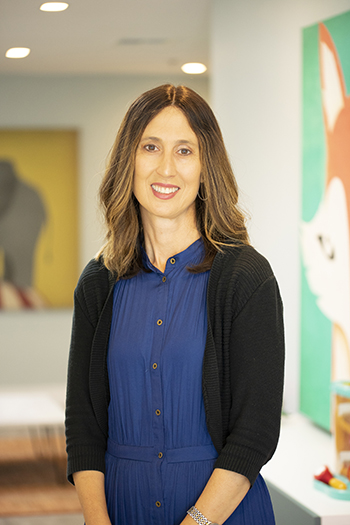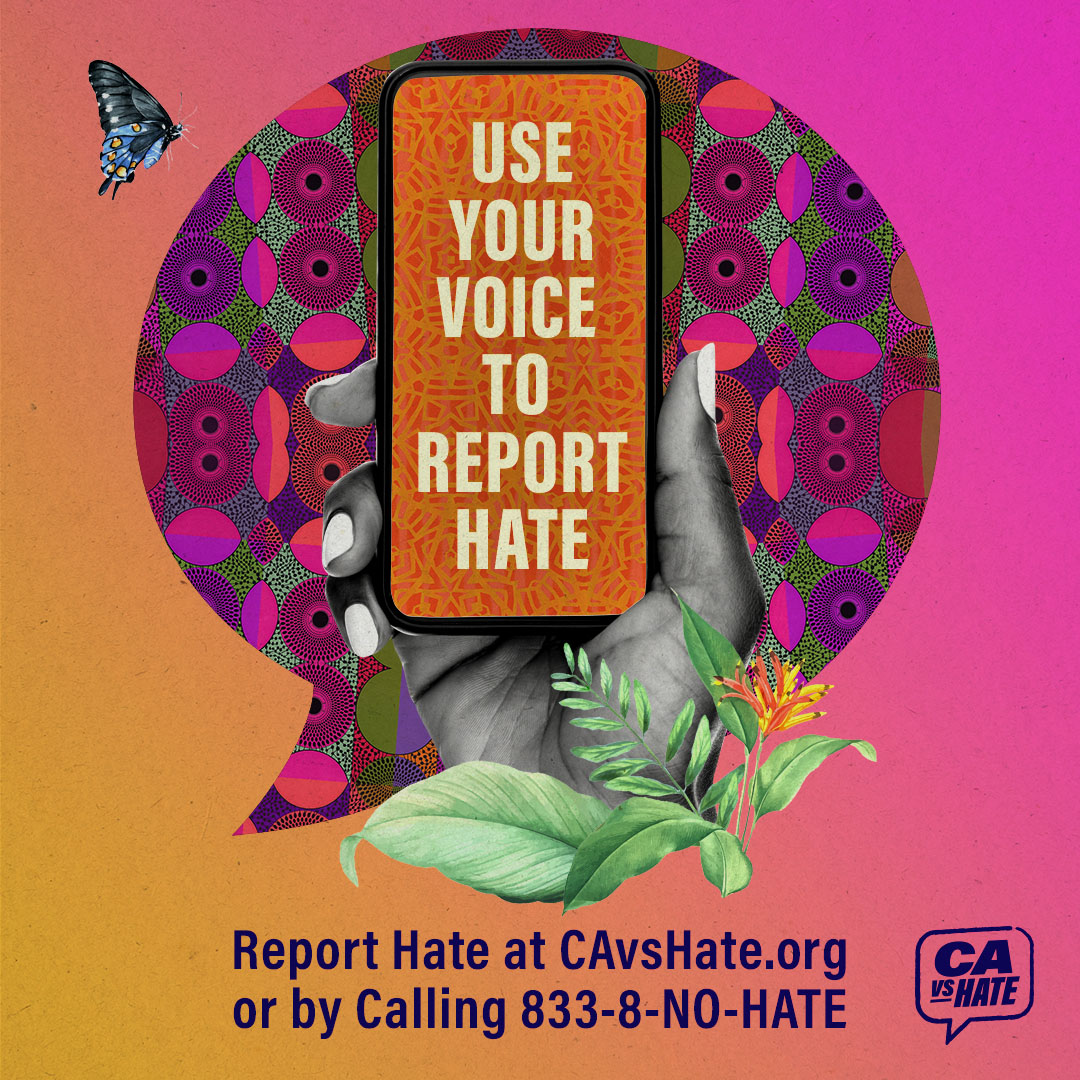Most stutterers grow out of the speech disorder as children. For people who do not, pursuing higher education and certain career paths can be difficult, but not impossible.
By Blake Carter
Speaking is pretty simple for the majority of people. It’s as simple as walking, listening to music, or picking up a light object. There isn’t much thought in performing the act of speaking. But for the three million Americans who stutter, it can be a dreadful task.
Stuttering often occurs in children between the ages of two and six years old. Between five to 10 percent of all children will stutter for some period in their life, lasting from a few weeks to several years. Approximately 75 percent of children who stutter will recover from it as they grow up. For the remaining 25 percent, stuttering can persist as a lifelong communication disorder.
For people who do not grow out of stuttering, the communication disorder can negatively impact their pursuit of higher education, they may avoid careers that include a lot of talking, and they can have difficulties obtaining jobs if they stutter during the interview process. Simple tasks such making phone calls or ordering food can also be major issues.
While stuttering can have a major impact on a person’s life, many adults have managed the issue with therapy, and they have gone on to successful professional careers.
Jacquelyn Joyce - Writer, YouTuber
Many stutterers shy away from various forms public speaking, but Inglewood native Jacquelyn Joyce has taken a dramatically different approach. She speaks her mind in front of a lot of people often.
“I think stuttering has impacted me a lot,” Joyce said. “I think it’s made me be very aware of the importance of being heard, and voicing your thoughts and your opinions. I felt like I was silenced for a very long time, which is partly why I went into screenwriting. I felt like, whatever words I wasn’t able to say, I could put them in my character. I’ve evolved from that place of needing my characters to speak for me.”
Joyce - who is a graduate of Hampton University, a Historically Black College and University (HBCU) - has a YouTube channel, she has performed stand-up comedy, and she has broadcasted her therapy sessions live on social media.
The typical stutterer would avoid having their speech recorded and then distributed to the masses. It is also nerve-wracking to speak on camera in front of a full production crew. But recording videos for YouTube has worked very well for Joyce, and she uses her YouTube channel to discuss the challenges of being a stutterer (among many other topics).
“When you make something for YouTube, it’s just you in front of the camera,” she said. “So it’s not a news studio, and sound guys, and an entire production. It makes it way easier. It’s a far more calm environment. If I need to stop and start over it’s okay. It’s not like live journalism.”
People who stutter have strong point of views, just like everybody else, but many stutterers have a difficult time being heard.
“The videos give me an opportunity to voice some of my opinions and frustrations,” she said.
Joyce adds just enough comedy to the videos to make them entertaining and showcase her personality, and the videos shed light on the various issues that people who stutter go through on a daily basis.
After college, Joyce moved to New York City, where she tried out stand-up comedy in Harlem.
“I loved stand-up, but every time I stood on that stage, the amount of nerves that would overtake me, I would drown in uncontrollable nerves,” she said. “It was interesting, but what I think stand-up taught me, which is something that I hadn’t really had, was to stand on that stage, state my opinion, and not feel sorry about it. I would form my jokes in a way that would get people to see my side and get them to join my perspective through laugher. Stand-up taught me as a writer, how to get people to relate to me.”
Joyce has broadcasted her therapy sessions as a way to help other people who stutter.
“I just wanted to give a little sneak peak into what therapy looks like,” she said. “And it also puts me in a bit more of a fear situation opposed to when it’s just her and I sitting and chatting. So it forces me to use my techniques a bit more and really practice in front of all of these live viewers.”
Latoya Taiwo - Criminal Justice, Air Force

Latoya Taiwo had a lot of difficulties speaking when she was growing up in New York. She spent several years of her early childhood in Belize, so when she moved back to New York as a teenager, not only did she stutter, but her thick accent also presented a problem.
“Elementary school through high school was horrible,” Taiwo said. “It was hard. Not just the part of being a stutterer, but having an accent on top of that. In Belize, we speak broken English, which is similar to Jamaican Patois (Jamaican Creole), so it was hard for my teachers and my classmates to understand me.”
While living in New York, Taiwo received therapy at the American Institute for Stuttering in Manhattan.
“That’s when my life changed for the better,” she said. “It helped me with my speech so much that my college experience was great.”
Taiwo attended State University of New York at Plattsburgh where she majored in criminal justice and minored in gender studies. She has been accepted to join the U.S. Air Force, where she will be enlisted as a cybersecurity specialist, which is in the criminal justice field. The Air Force will pay for 100 percent of her graduate school tuition.
Taiwo has not allowed her stutter to prevent her from pursuing higher education and the career field of her choice.
“I accepted my stutter around 19, so it didn’t deter me from picking a career,” she said. “But I felt that there were a few times that I wasn’t picked for a job because of my speech. When I had job interviews, I’ve come across some pretty crappy people who looked at me like, ‘Why would you choose this field when you stutter like that?’ I’ve had several interviews to be a probation officers. I’ve felt that a few of those jobs didn’t pick me because of my speech. I didn’t let that tear me down because I’ve met so many successful lawyers and doctors who stutter. I just look at it as it’s not my time yet. I try to think positive because if I let people’s opinions of my speech get me down, I can start to get depressed about it.”
Taiwo currently resides in Inglewood, and she has attended therapy sessions at LA Speech Therapy Solutions, which has three locations in the greater Los Angeles area. LA Speech Therapy Solutions recently opened a branch on Slauson Avenue in Windsor Hills-View Park.
“I sought therapy through LA Speech because I felt that I was having trouble remembering my tools,” Taiwo said. “Like speaking at a slower rate, voluntary stuttering, working my way through a block. I went to LA Speech for close to a year. I’m at a point where I’ve bounced back to where I was before as far as to know how to handle my stutter when I’m in certain speaking situations.”
Jason Lewis - Writer, Photographer, Los Angeles Standard Newspaper Publisher

Jason Lewis began his journalism career as a sportswriter and sports photographer at Our Weekly Newspaper, and then moved on to the Los Angeles Sentinel Newspaper before launching the Los Angeles Standard Newspaper. While stuttering has not stopped him from achieving many goals, it has influenced his career path.
“If I didn’t stutter, I would have gone into sports television,” Lewis said. “I would have been arguing with those guys on ESPN or another sports network. But being on TV simply would not have worked so I didn’t even think about going that route.”
Lewis grew up in Los Angeles and attended Fairfax High School before graduating from UCLA. He started to stutter in early elementary school but never grew out of it like many people do. He tends to speak fluently in many situations, but certain situations trigger the stutter.
“I’m typically fine when speaking with small groups, but in school, speaking or reading out loud was always a huge problem,” he said. “I still dread giving presentations to large groups. But I stopped avoiding it a long time ago and I don’t get myself worked up about it. I’m either going to stutter or I’m not, but as long as the work that I’m speaking about is done well, then I’m not going to worry about what people think about the speech that I gave.”
Being an entrepreneur suits Lewis much better than working at other companies.
“I’ve had two corporate jobs where I felt that my stutter may have hindered my abilities to get promotions, but I really don’t have any concrete proof of that,” he said. After seeing others in my same position receive promotions, I just had a feeling that it was an issue. As an entrepreneur, I don’t have to worry about interviewing for a job and I don’t have to worry about working in an environment where I may not fair as well as many others. I’ve created my own work environment and I’m already at the top of the company.”
While Lewis has found ways to get around his stutter within his career, there are some issues that are just inevitable.
“Using the phone for some reason triggers my stutter, typically when I have to call people,” he said. “I have to use the phone for business, and when I stutter at the beginning of the conversation, sometimes it seems like the other person wants to quickly get off the phone. That can make it tough to do business, especially when selling ads. It discourages me from wanting to use the phone. Using email helps, but with sales, you have to be on the phone because a lot of people simply ignore emails.”
Hearing other stutterers’ success stories can be very helpful to people who stutter.
“As we were working on this story, hearing that Latoya is heading to the Air Force and working on her master’s degree at the same time while having similar issues to my own was pretty inspiring. And I’ve always wanted to do video, so seeing that Jacquelyn has a YouTube channel showed me that I need to start doing my own videos for LA Standard stories.”
LA Speech Therapy Solutions in View Park-Windsor Hills

LA Speech Therapy Solutions recently opened their third location in Los Angeles. The new South Los Angeles location works with children and adults who stutter through stutter modification (reduces the avoidance behavior, fear, negative attitudes to their own speech) and fluency shaping (specific strategies, breathing, cancellations).
Cassi Alter, founder of LA Speech Therapy Solutions, sees her clients progress with stuttering modification.
“It should be obvious that people who stutter are not enjoying it and that it’s challenging,” she said. “So people who stutter develop avoidance strategies. As human beings we try to shy away from things that are difficult or problematic. When it comes to speaking, avoidance strategies can include not using certain words, avoiding stressful speaking situations, avoiding making a phone call that you have to make because you know that you’re going to stutter. All of this stuff tends to amp up a person’s nervous system. They’re walking around in the world just nervous to be who they really are and being comfortable speaking their mind.”

Avoiding high-stress speaking situations can be more of an issue than stuttering itself.
“These types of behaviors can lead a person to be more socially isolated,” Alter said. “In terms of going after certain jobs or getting into certain occupations, they may just choose not to pursue a certain career route, or pitch themselves for a promotion that they feel that they deserve.”
Alter has seen some impressive transformations from clients who used therapy.
“It’s amazing,” she said. “So often they start to feel less frustration and less angry and upset at the whole thing. They stop feeling embarrassed. They stop beating themselves up about it as much because now they have strategies.”
Employment wise, the strategies that stutterers have learned and the confidence that they have acquired have led them to be more successful in job interviews and have better job performances.
For children, Alter recommends that parents take their children to see a licensed speech pathologist if the child has experienced stuttering for three to six months. If there is a family history of stuttering, parents should bring their children in sooner than that. She also recommends that parents do not cut off their children, tell them to “just get it out,” or finish the child’s sentences.
“When the child is speaking, listen attentively and focus on what the child is saying, rather than responding to how the child is saying it,” she said. “It’s really important that when kids are showing signs of stuttering, that the parents aren’t reacting by being nervous or having fear.”
Alter also recommends people to visit the National Stuttering Association’s website for online resources. Visit LA Speech Therapy Solution's website.
Stuttering in School
Children who stutter can have their most difficult moments at school, and it can impact their grades.
“For some students who have a severe stuttering problem, they don’t want to participate in group discussions,” said Cheryl Joy, speech language pathologist at John Muir Academy in Long Beach. “Discourse in the classroom as you get older is very important. Some of the things in the curriculum you have to explain verbally. Sometimes they won’t do it, or sometimes they can’t do it. They’ll feel embarrassed, or like everything that they’re going to do is wrong.”
Joy works with children ages three to eight years old, and she creates an environment where the students feel comfortable speaking aloud.
“I listen to what they’re saying more than how they’re saying it, and I provide an environment that is calm and accepting,” she said.
Joy also works with other teachers to ensure that they are equipped with strategies to help students who stutter.
“The teachers can provide a calm atmosphere, and not to say things like, ’Use your words or think about what you’re going to say,’” she said. “They’ve already thought about what they’re going to say. That’s so innate. The thinking about it happened long before they even opened their mouth.”
Joy recommends that parents create a home environment where children have an opportunity to speak without being judged.
“Sometimes when children are excited and they tell you something, just accept the way that they said it,” she said. “There’s other times when it’s more appropriate for the parent to intervene with one of the strategies that we discussed.”











